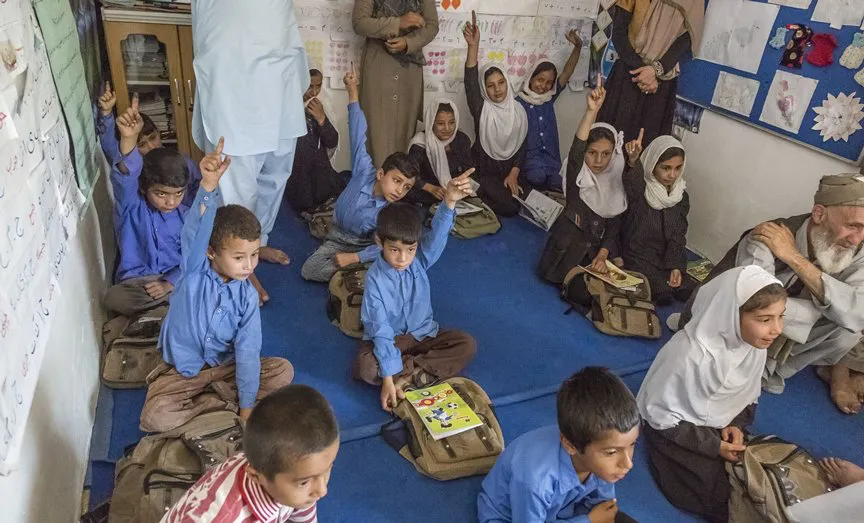
One woman, I’ll call her Basima (I’m not using real names to protect the women’s safety), said that her brother-in-law would not let her daughters go to school. Unfortunately, that’s too common in places that undervalue girls’ education in favor of boys’. And when that place is war-battered like Afghanistan, the barriers only become more entrenched. But Basima’s three daughters, once forbidden to attend school, stayed in the classroom. They now attend university, even though Basima herself remains illiterate.
Her inability to read, however, has hardly obstructed her efforts to write a new chapter in her community’s development: Basima has become a respected advocate, in spite of the risks that surface when women challenge long-held traditional roles. Among other efforts, she successfully petitioned local authorities to deliver electricity to a 38-household neighborhood. And her daughters plan to return to Basima’s home to teach children to read.
When I traveled outside of Kabul, to Parwan Province in northeast Afghanistan, I met more women — and children — who are dreaming big. At one school, when asked what they wanted to become when they grew up, all the kids raised their hands to declare their intent to become doctors or teachers. And asked what they like most about school, one eager student yelled: “All the studying!”

